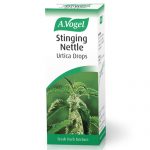

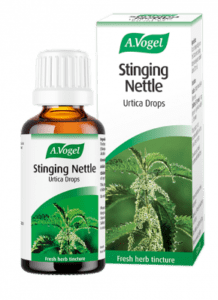
Stinging Nettle 50ml Drops A Vogel
£12.99 Original price was: £12.99.£10.39Current price is: £10.39.
Stinging Nettle
A Vogel Stinging nettle (Urtica dioica) is a plant that has been used traditionally for various medicinal and culinary purposes. Despite its stinging hairs that can cause skin irritation upon contact, stinging nettle is valued for its potential health benefits. Here are some common uses of stinging nettle:
1. **Nutrient-Rich Food:**
– Urtica dioica is rich in nutrients, including vitamins (such as vitamin A, C, and K), minerals (including iron, calcium, and magnesium), and antioxidants. It has been used as a nutritious food source for centuries.
2. **Edible Greens:**
– The young leaves of stinging nettle can be harvested and cooked in a similar way to spinach. They can be used in soups, stews, omelets, or as a side dish. Cooking or drying the leaves eliminates the stinging effect.
3. **Tea:**
– Nettle tea is a popular herbal infusion made from the leaves of the plant. It is believed to have various health benefits, including potential anti-inflammatory and antioxidant effects. Some people drink nettle tea for its supposed diuretic properties.
4. **Supplements:**
– Urtica dioica supplements, available in various forms such as capsules, tablets, or tinctures, are used for a range of health purposes. These supplements may be marketed for conditions like allergies, joint pain, and urinary tract health.
5. **Allergies and Hay Fever:**
– Some people use stinging nettle to manage symptoms of seasonal allergies and hay fever. It is believed that nettle may help reduce inflammation and inhibit the release of histamine, a compound involved in allergic reactions.
6. **Arthritis and Joint Pain:**
– Urtica dioica has anti-inflammatory properties, and some individuals use it to alleviate symptoms of arthritis and joint pain. It may be applied topically as a cream or taken as a supplement.
7. **Prostate Health:**
– Nettle root extract is commonly used to support prostate health, especially in men with benign prostatic hyperplasia (BPH). It is believed to help reduce symptoms such as frequent urination.
8. **Hair and Scalp:**
– Urtica dioica is sometimes used as an ingredient in hair care products due to its purported benefits for hair health. Some believe that nettle can help with dandruff, hair loss, and promote overall hair strength.
9. **Diuretic Properties:**
– Nettle has mild diuretic properties, which means it may increase urine production. This property is sometimes utilized for conditions involving fluid retention.
10. **Anti-Inflammatory Effects:**
– Stinging nettle is known for its anti-inflammatory properties, which may be beneficial for various inflammatory conditions. This includes inflammatory skin conditions when applied topically.
11. **Wound Healing:**
– In traditional medicine, stinging nettle has been used topically for wound healing. Its anti-inflammatory and astringent properties may contribute to the healing process.
As with any herbal remedy, it’s important to exercise caution and consult with a healthcare professional before using stinging nettle, especially if you are pregnant, breastfeeding, taking medications, or have underlying health conditions.
The use of Urtica dioica can interact with certain medications, and individual responses may vary.



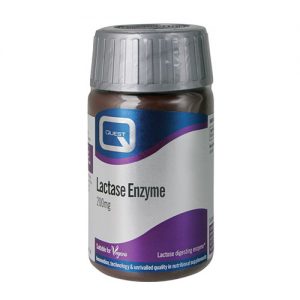
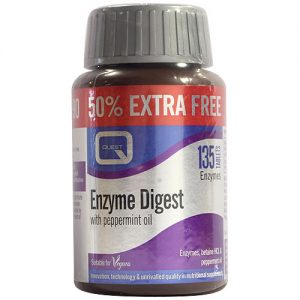
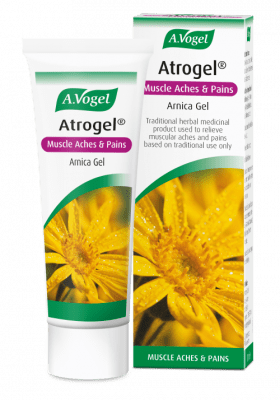
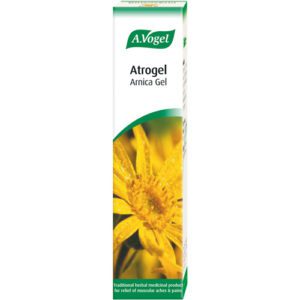
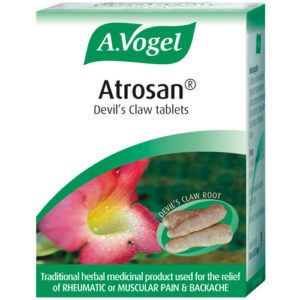
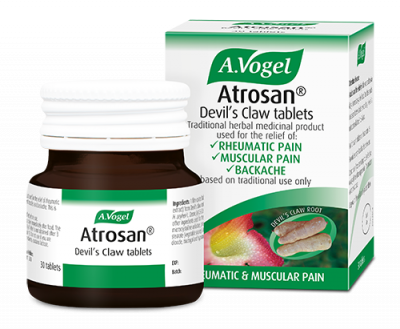
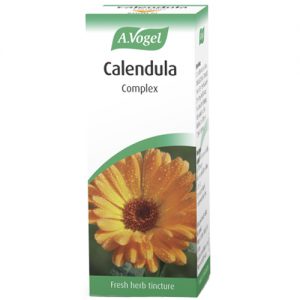
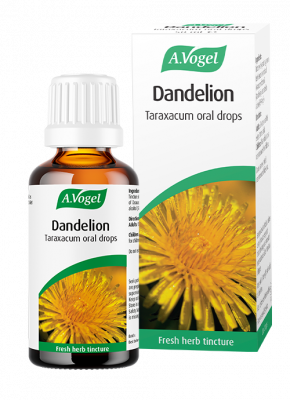
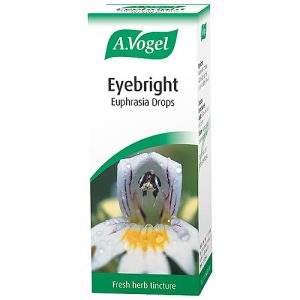
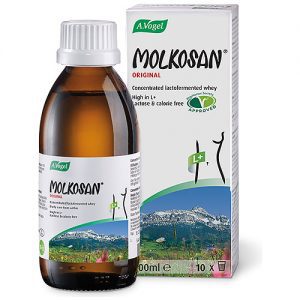
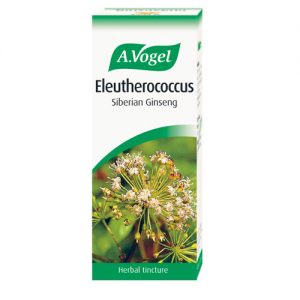
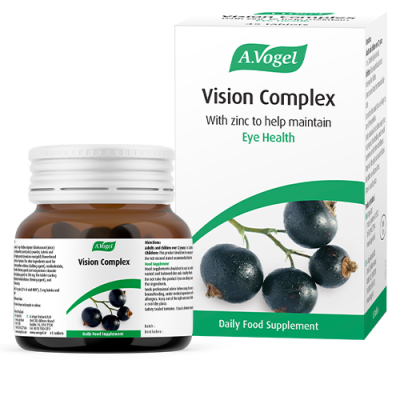




Reviews
There are no reviews yet.